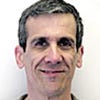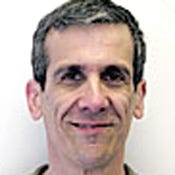Bank losses from credit-card fraud dropped to $788 million last year from $882 million in 2003.

HSBC Holdings plc has teamed with business-intelligence software provider SAS Institute Inc. to build a state-of-the-art payment-card fraud-detection system. The software, to be rolled out in the United States next year, will give the $1.3 trillion-asset bank a single tool for detecting fraudulent card transactions. It will replace disparate systems in use in the bank's regional operations in North America, Europe, and Asia.
The system will make more accurate decisions about whether a card transaction may be fraudulent by examining pieces of data such as a change of address or telephone number. It also will reduce the likelihood of flagging legitimate transactions, sparing cardholders the inconvenience of having to speak to a representative over the phone while waiting at the checkout line.
"With SAS technology, we have a high degree of confidence that our customer service at the point of sale will be improved," says George Lennox, HSBC's senior manager, group credit and risk. HSBC has 100 million credit and debit cards in circulation.
Banks lost $788 million to credit-card fraud in 2004, down from $882 million in 2003, according to The Nilson Report, a card industry newsletter. A major factor in the decline has been the use of pattern-detection systems by banks and credit-card networks, such as American Express, Discover, MasterCard, and Visa, that trigger an alert when unusual or suspicious activity is detected.
HSBC plans to standardize on the SAS system. After the U.S. rollout next year, the system will be deployed in the United Kingdom and Hong Kong in 2007, and throughout all regions where HSBC does business by 2008. "We like to use common technology in all parts of the bank," Lennox says.
The bank plans to extend the payment card model it's building with SAS to detect fraud in other types of transactions, such as account openings. It also plans to share its knowledge with other banks in order to help combat fraud on an industrywide basis. Says Lennox, "We hope to build models that can combat and defeat other types of fraud."
About the Author(s)
You May Also Like







